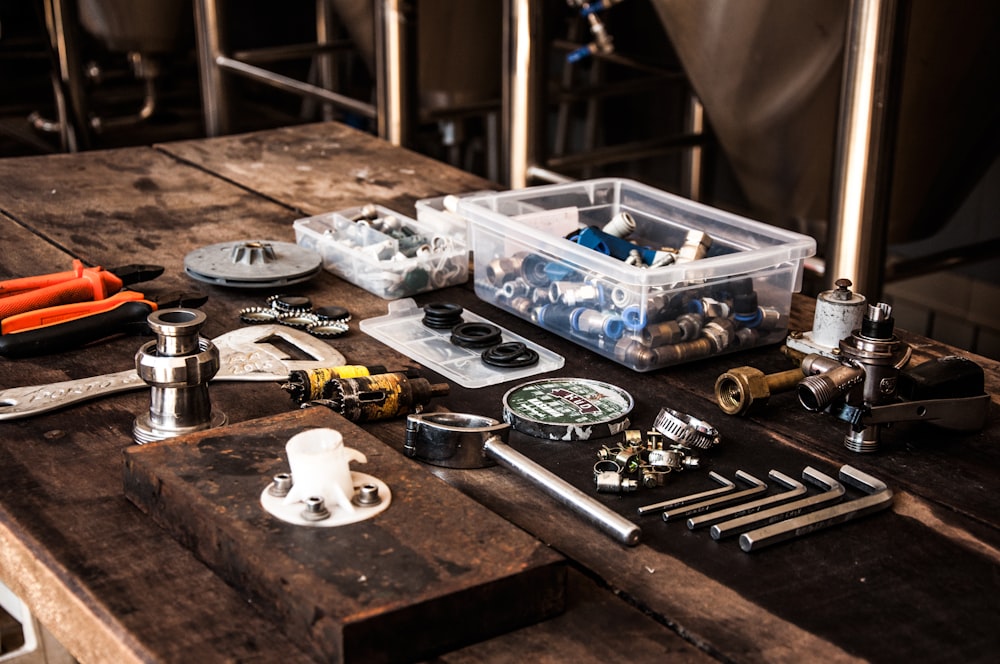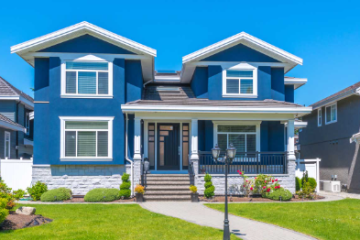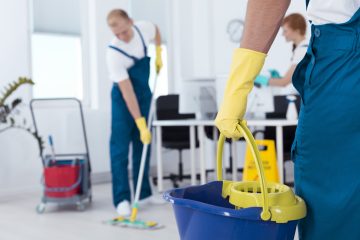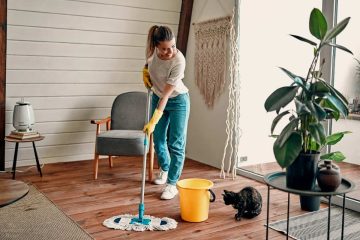Proper plumbing maintenance is crucial for ensuring your home’s systems run smoothly all year round. Each season brings unique challenges that can impact your plumbing, so it’s essential to stay ahead of potential issues. This ultimate checklist will guide you through the necessary plumbing maintenance tasks for each season, helping you prevent problems and prolong the life of your system. By following these tips, you can avoid costly repairs and keep your plumbing in top condition. Let’s dive into the specific tasks you should tackle as the seasons change to ensure your plumbing remains efficient and reliable.
1. Spring Plumbing Maintenance Tips
Spring is the perfect time to inspect your plumbing system after the harsh winter months. Start by checking for any signs of leaks or damage in your pipes, faucets, and fixtures. Look for wet spots, rust, or mold, which can indicate hidden leaks. Inspect outdoor hoses and faucets for any cracks or leaks caused by freezing temperatures. Clean out your gutters and downspouts to ensure proper drainage and prevent water damage to your foundation. Test your sump pump to make sure it’s working correctly, as spring showers can cause flooding. Addressing these issues early can save you from more significant problems down the line.
2. Summer Plumbing Maintenance Tips
Summer brings its own set of plumbing concerns. With increased water usage, it’s crucial to stay vigilant about potential issues. Check your water heater for any signs of wear and tear and consider scheduling water heater repair if needed. Flush your water heater to remove sediment buildup, which can reduce efficiency. Inspect your sprinkler system for leaks or damaged heads and adjust the settings to avoid overwatering. Check for slow drains and address any clogs promptly to prevent backups. Regularly inspect your washing machine hoses for signs of wear and replace them if necessary. Staying proactive during the summer can help you avoid plumbing emergencies.
3. Fall Plumbing Maintenance Tips
As the weather cools down, it’s time to prepare your plumbing for the upcoming winter. Start by insulating your pipes to prevent them from freezing. Pay special attention to pipes in unheated areas like basements, garages, and crawl spaces. Disconnect and drain outdoor hoses and shut off the water supply to outdoor faucets to prevent freezing and bursting. Check your water heater’s thermostat and adjust it to a safe temperature, ideally around 120°F, to ensure efficient operation during colder months. Inspect and clean your gutters and downspouts to ensure they are free of debris. Proper preparation in the fall can save you from significant plumbing issues in the winter.
4. Winter Plumbing Maintenance Tips
Winter can be particularly harsh on your plumbing system, so extra care is necessary. Keep your home’s temperature above 55°F, even when you’re away, to prevent pipes from freezing. Open cabinet doors under sinks to allow warm air to circulate around the pipes. If you have pipes that are prone to freezing, let a small stream of water flow from the faucets during extreme cold. Regularly check your water heater’s performance, as it will be working harder during winter. Clear snow and ice from around your outdoor drains and sump pump discharge line to ensure proper drainage. These steps can help prevent winter plumbing disasters.
5. Regular Inspection and Maintenance
Regular inspection and maintenance are essential for a healthy plumbing system, regardless of the season. Schedule annual professional inspections with experts such as To the T Plumbing Heating and Air, or others within your location, to catch any potential issues before they become major problems. Keep an eye on your water bill for any unusual spikes, which can indicate a hidden leak. Test your water pressure regularly to ensure it stays within a safe range, typically between 40 and 60 psi. Inspect your plumbing fixtures for any signs of wear or damage and replace them as needed. Stay proactive with your plumbing maintenance to ensure your system operates efficiently year-round.
6. Maintain Your Drains
Proper drain maintenance is crucial for preventing clogs and ensuring smooth water flow. Regularly clean your drains with a mixture of baking soda and vinegar to break down buildup and keep them clear. Avoid pouring grease, coffee grounds, or other debris down the sink, as these can cause blockages. Install drain screens to catch hair and other particles before they enter the pipes. If you notice slow drainage, use a plunger or a drain snake to remove minor clogs. For more persistent issues, consider employing uk plumbing services, or those in your area, to inspect and clean your drains thoroughly.
7. Monitor Your Sewer Line
Your sewer line plays a vital role in your plumbing system, and regular monitoring can prevent significant problems. Look for signs of sewer line issues, such as slow drains, gurgling sounds, or unpleasant odors. If you suspect a problem, contact a professional plumber to perform a video inspection of your sewer line. Regular inspections can identify root intrusion, cracks, or blockages before they cause backups. Installing a backwater valve can also help prevent sewer backups, especially in areas prone to heavy rainfall. Taking these precautions can help you avoid costly sewer line repairs.
8. Inspect Your Plumbing Appliances
Your plumbing appliances, such as dishwashers, washing machines, and refrigerators with water dispensers, require regular maintenance to function efficiently. Check the hoses and connections for signs of wear or leaks, and replace them if necessary. Clean the filters and screens regularly to ensure proper water flow. Inspect the water supply lines for any cracks or damage and replace them if needed. For appliances like dishwashers and washing machines, run a cleaning cycle with vinegar to remove any buildup and keep them operating smoothly. Proper maintenance of your plumbing appliances can extend their lifespan and prevent water damage.
9. Check for Hidden Leaks
Hidden leaks can cause significant damage to your home if left unaddressed. Regularly inspect areas where leaks are common, such as under sinks, around toilets, and behind appliances. Look for signs of water damage, such as discoloration, mold, or a musty smell. If you suspect a hidden leak, consider using a moisture meter to detect dampness in walls or floors. Installing a water leak detection system can alert you to leaks before they cause significant damage. Addressing hidden leaks promptly can save you from costly repairs and help conserve water.
10. Schedule Professional Maintenance
While regular DIY maintenance is essential, professional plumbing maintenance should not be overlooked. Schedule annual inspections with a licensed plumber to thoroughly check your system and identify any potential issues. Professional plumbers have the tools and expertise to perform tasks such as hydro-jetting, pipe relining, and comprehensive inspections. They can also provide valuable advice on maintaining your plumbing system and preventing future problems. Investing in professional maintenance can ensure the longevity and efficiency of your plumbing system, giving you peace of mind.
Conclusion
Seasonal plumbing maintenance is essential for keeping your home’s plumbing system in top condition throughout the year. By following this ultimate checklist, you can prevent common issues, extend the life of your plumbing, and avoid costly repairs. From inspecting your pipes and fixtures in the spring to winterizing your system for the cold months, each season requires specific tasks to maintain optimal performance. Regular inspection, drain maintenance, and professional help are crucial components of a comprehensive plumbing maintenance plan. Stay proactive and diligent with your plumbing care, and you’ll enjoy a trouble-free and efficient plumbing system all year round.



